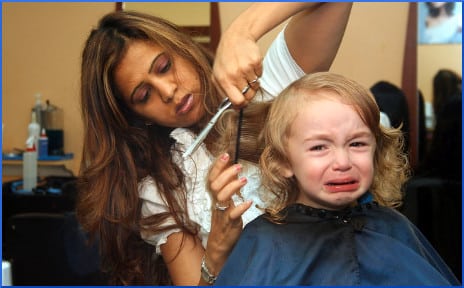
September is National Child Obesity Awareness Month, which the American Academy of Pediatrics chose to observe by offering a 20% discount on selected products. To make a long story short, it’s what Dr. Pretlow describes as the “same ol’, same ol’ type of products — energy balance, nutrition, physical activity, 5210…”
Among the available merch is the 5210 decision support chart, which helpfully includes the insurance codes for health services applicable to obesity and related comorbidities. PediaLink covers an online learning course in pediatric obesity prevention. Pediatric Obesity is a textbook for primary care physicians. Next Steps is about followup care. Five books, including an e-book, are about nutrition.
As Dr. Pretlow has mentioned many times, his experience has shown that people are just about fed up with nutrition information. By now, most American parents and school-age children have a pretty good grasp of the idea that raw apples are better than french fries. What parents need more are techniques to preclude tantrums in the supermarket aisles, the sneaking of unhealthful snacks at friends’ houses, and the general circumvention of standards the parents attempt to uphold.
When it comes to kids who are old enough to act independently, what they desperately need are ways to live day-to-day life while resisting the inexorable pull of cravings for ubiquitous junk food. Instead, what they get is “Energy In Energy Out,” a brochure with an on-the-nose title. In between correct eating and physical activity, balance is said to be found. This and four other brochures are available in packs of 50 for distribution to the parents of patients.
So what?
What seems to be missing here is awareness of psychologically-rooted truths. For instance, many parents have absorbed harmful customs handed down through generations of misguided parenting. One of those bad parenting habits is using edible treats as an incentive, a reward, or even a bribe. When any manifestation of pain or unhappiness causes a cookie to magically appear, no amount of nutritional information can compensate for the harm done.
The American patient pool draws from many ethnicities and cultures, whose collective identities embrace the notion that a fat kid is a healthy kid, along with an ingrained certainty that the best and most effective way to demonstrate love to a family member is to shove delicacies into her or his mouth. This age-old problem is unlikely to be solved by a brochure.
Children overeat to cancel out bad feelings. Even in the most enlightened and nurturing families problems exist. Kids overeat to drown sadness, anxiety, their own perceived inadequacy, and a thousand other unpleasant feelings. In the event that home life is optimal or close to it, school can be the breeding ground for multiple varieties of stress.
But even when health professionals acknowledge that deep forces are at work, the road to recovery is unlikely to be accessed by a book or a chart. When a family’s most urgent need is several years of intense therapy, neither 5210 nor any other combination of numbers will get the job done.
Your responses and feedback are welcome!
Source: “Save 20% on select AAP resources!,” Magnetmail.net, undated
Photo credit: Kevin McGrew via Visualhunt.com/CC BY

 FAQs and Media Requests:
FAQs and Media Requests: 











